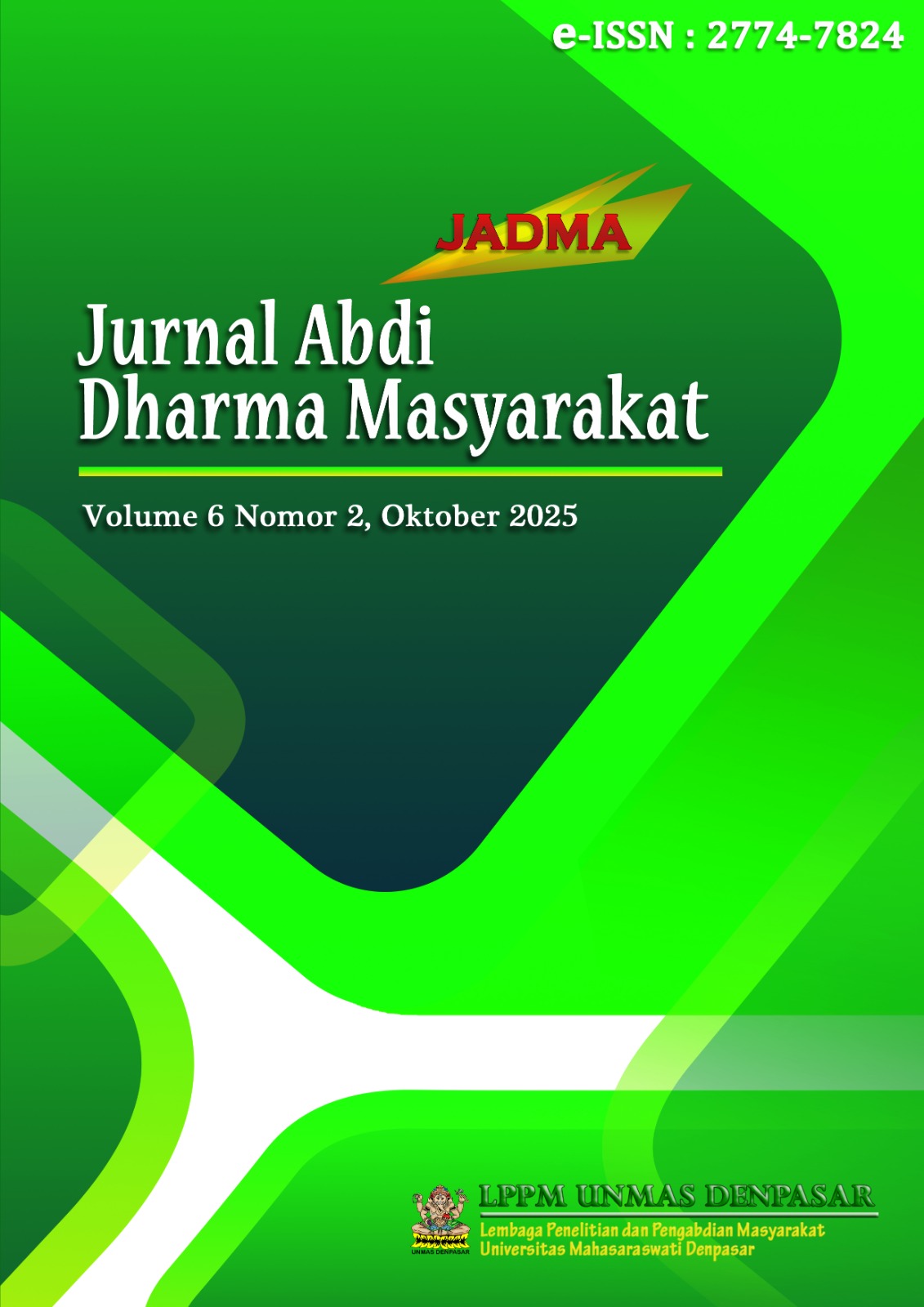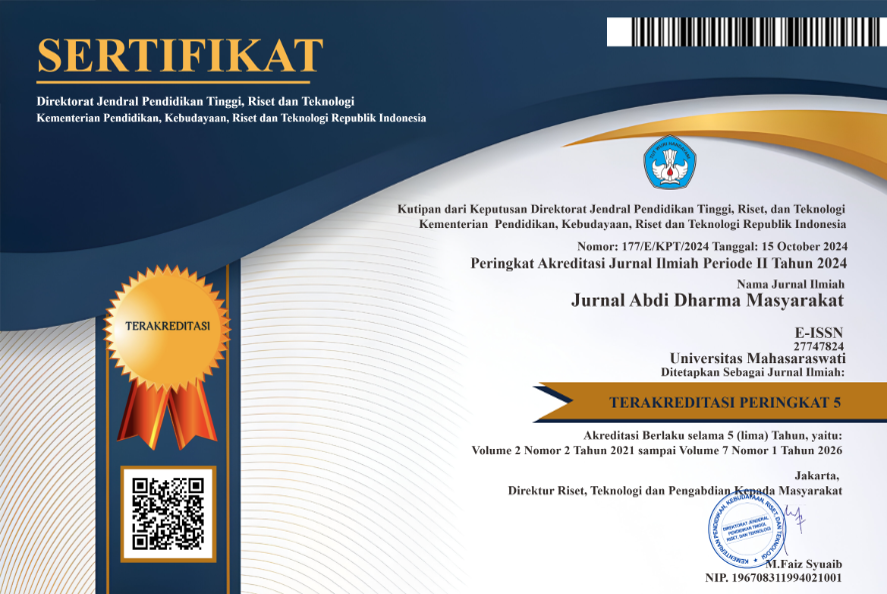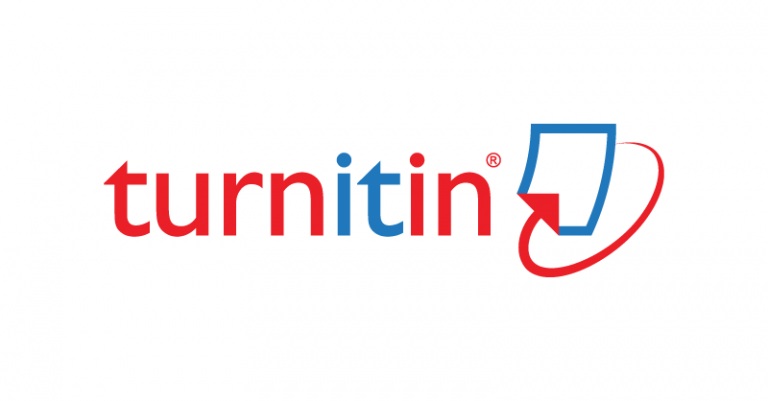About the Journal
The JADMA Journal is a distinguished multidisciplinary scientific publication that graces the academic calendar with biannual releases in April and October. Recognized at a national level, JADMA focuses on the dissemination of advancements in various fields, including Industrial & Manufacturing Engineering, Dentistry, Economics, Econometrics & Finance, Language, Linguistics, Communication & Media, Law, Crime, Criminology & Criminal Justice. Beyond the conventional realms of academia, the journal serves as a bridge between scholarly pursuits and societal engagement by featuring insights into the legal intricacies and captivating landscapes of its chosen subjects. More than just a repository of academic musings, JADMA invites readers on a journey through the frontiers of knowledge and societal discourse. By showcasing Community Service activities, the journal not only captures regional perspectives but also significantly contributes to the national intellectual dialogue, fostering a dynamic and impactful exchange of ideas and research findings.
Current Issue

This edition is particularly compelling, as it successfully compiles a diverse range of community engagement outcomes. Among them is a literacy empowerment initiative through interactive storytelling, which has led to a significant improvement in children's language skills and expressive abilities. Another notable contribution centers on the empowerment of the Mertha Sari Bumi egg-laying poultry farmers group in Kayubihi Village, Bangli Regency. The results demonstrate enhanced partner capacity in financial record-keeping, report preparation, and digital marketing-supporting the optimization of their operational activities. Community service efforts aimed at promoting decent work and economic growth have also shown tangible impact, notably in increasing the income of local business groups. Equally noteworthy is the waste empowerment program through ecobrick initiatives in Banjar Silakarang, Singapadu Kaler Village. Additional outcomes include training and mentoring for TPACK-based learning implementation among teachers at SMK PGRI 4 Denpasar, and strategies to enhance destination competitiveness via social media-boosting brand awareness and tourist interest in staying at The Twin Garden Villa Pecatu. Complementary efforts include guidance on clean and healthy living behaviors or Berperilaku Hidup Bersih Dan Sehat (PHBS) and nutritious food for children at TK Tri Dharma Budaya. Other impactful programs include digital empowerment of songket weavers through social media, and initiatives focused on optimizing the production capacity of painted leather bag artisans in Bali. These activities were carried out in collaboration with Pokdarwis Bhaskara Weda and the Mandi Madu farmer group in Bengkala Tourism Village. The publication concludes with a community service initiative involving essay writing training based on local wisdom content from Sragen Regency.













